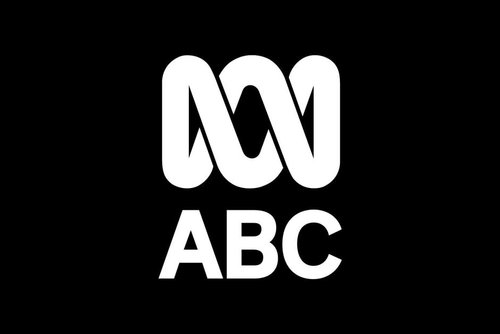WATCH THE WHOLE INTERVIEW HERE
ABC News Transcript
Interviewer: The High Court has recognised the parental rights of a man who fathered a child with a lesbian friend through artificial insemination. To discuss this case and it’s broader implications, I’m joined in the studio by lawyer Nicole Evans. Thanks for coming in this morning.
Nicole: No problem.
Interviewer: What’s your initial reaction to this verdict in the High court?
Nicole: Look I’m not surprised by the outcome, the man in this particular case was heavily involved in the child’s life from the beginning, was named on the birth certificate, was the child’s father, the child referred to him as daddy, and also, he financially contributed to the child.
Interviewer: So was that personal relationship that he established with the child, the difference between this case and another case where the donor might have given the sperm but not actually taken an active role in the child’s life.
Nicole: Yes certainly, in the High Court has clarified the difference between the two cases, particularly in this case they have said that because he had such an involvement in the child’s life, he was not only a biological parent, but a psychological parent.
Interviewer: The couple in this case cited a law in New South Wales, the couple who wanted to take the child to New Zealand, just tell us about that law.
Nicole: So the mother relied on the Status of Children Act which says that if a woman gets pregnant using sperm from a man that is not her husband, than that man is presumed not to be the father but in this case the high court said that the state law did not apply and that the donor was the parent in the meaning of the act.
Interviewer: So this verdict distinguished between just being the biological father and the legal father of this child. What difference does that distinguishment make practically?
Nicole: Look in this case you could be a legal parent but not a biological parent and vice versa. In this case he is a biological parent and a legal parent, and being declared a legal parent comes with other particular rights and responsibilities.
Interviewer: Let’s look at the broader implications of this verdict. First for potential cases in the family court that might be facing the family court in the coming weeks or months or years.
Nicole: Yeah sure look it will impact a lot of cases where women have used known donors on the assumption that they may not have any legal rights and I think the grey area now is what level of involvement that a donor has in a child’s life, will make them the legal parent.
Interviewer: Do you expect this sort of verdict to be repeated?
Nicole: I think so when a person has such an involvement in a child’s life, yes I do.
Interviewer: What about future arrangements when a women or a couple might go to an IVF clinic for example and seek out a sperm donor and they want the father to have a certain amount of involvement. What about their own rights, their legal rights over the children. How could those arrangements be formed differently yin the future based on this verdict?
Nicole: I think more clarification around the legalities of donor agreements would certainly be helpful. Some legislation outlining the procedure around known donor agreements and how they could be legally binding.
Interviewer: Because currently the rules differ for different areas in Australia, in different states.
Nicole: Different states have different legislation, that’s right.
Interviewer: Within the different states, and territories, the different rules for different IVF clinics.
Nicole: If there’s any gap in the legislation then each clinic will have their own regulations, so it makes it pretty confusing for people.
Interviewer: Do you expect there will be more regulation introduced in the fertility industry which really is quite unregulated at the moment.
Nicole: I am hopeful that it will be clarified cases like this and where families are being created in a lot more unique ways than what they have been and the law needs to catch up with societies structures now.
Interviewer: And I guess strike the balance between the rights of the biological mother, the sperm donor, the biological father, the related parents or carers involved, and also the rights of the child as well.
Nicole: That’s right, at the moment the law only provides for two parents, but we are seeing social situations where there is more than three or possibly four parents.
Interviewer: Nicole Evans, we really appreciate you coming in today.
Nicole: Thank you very much.

